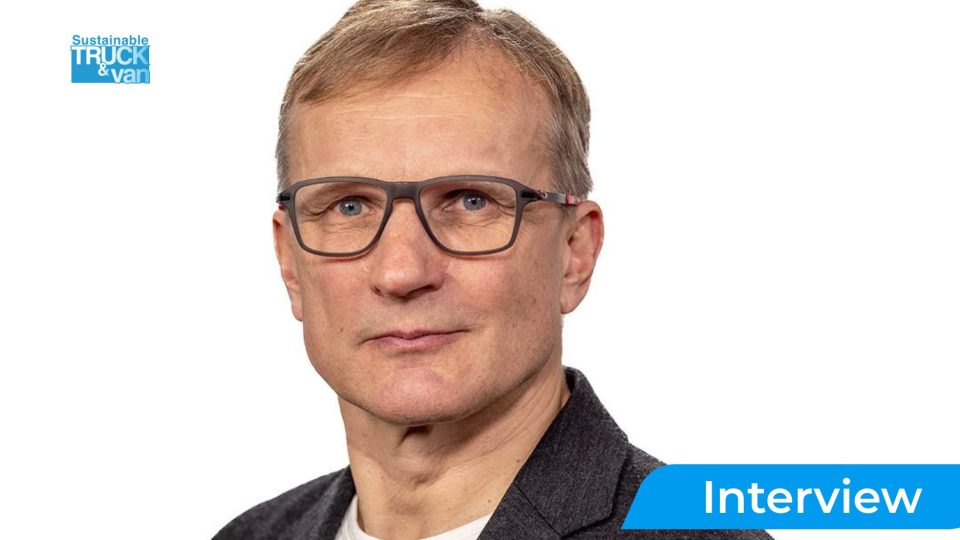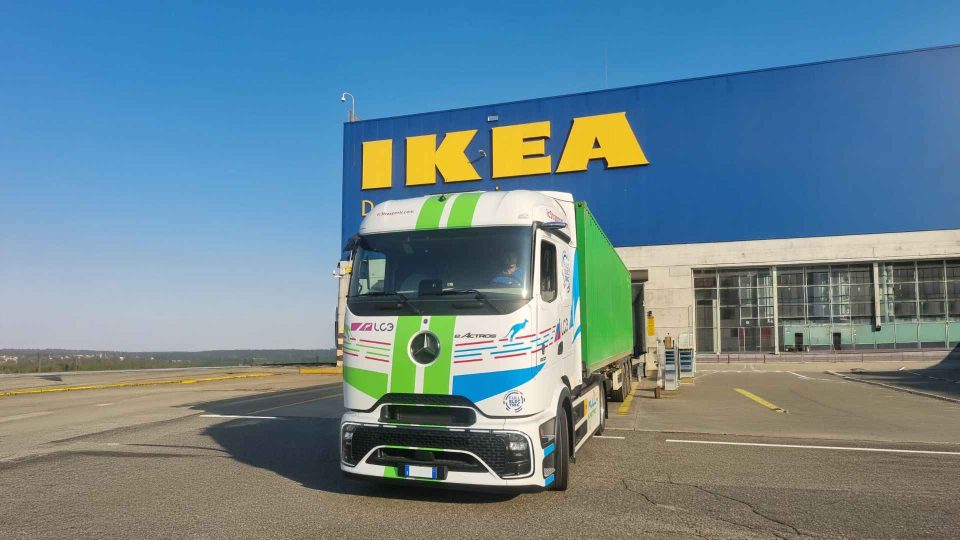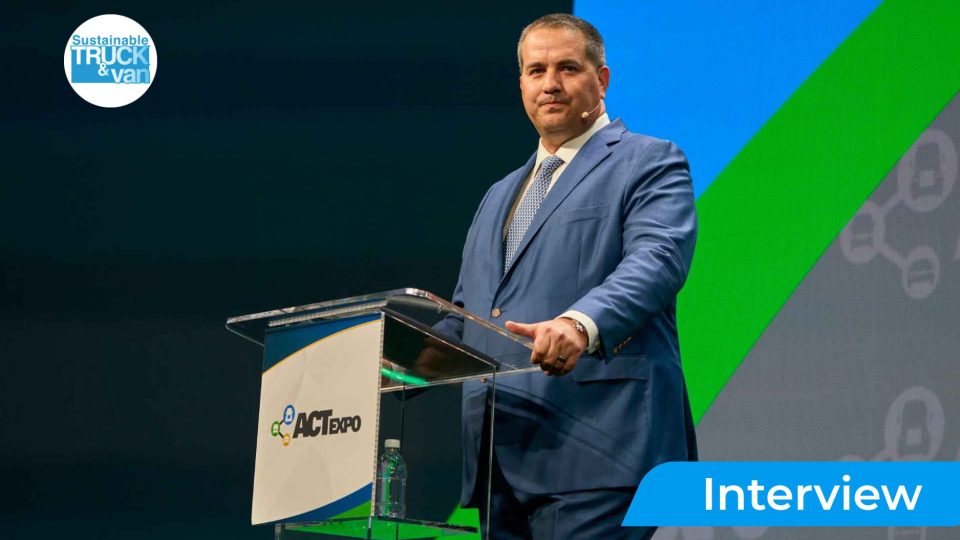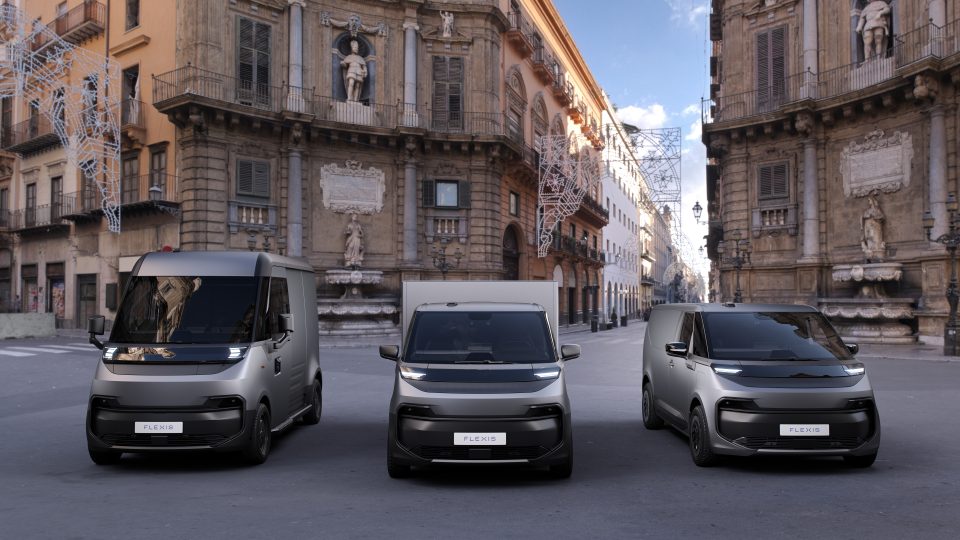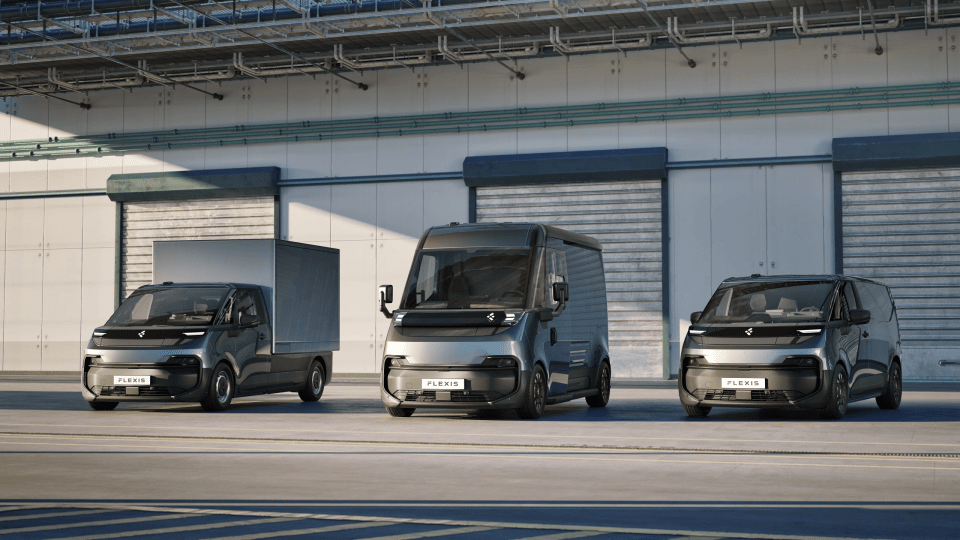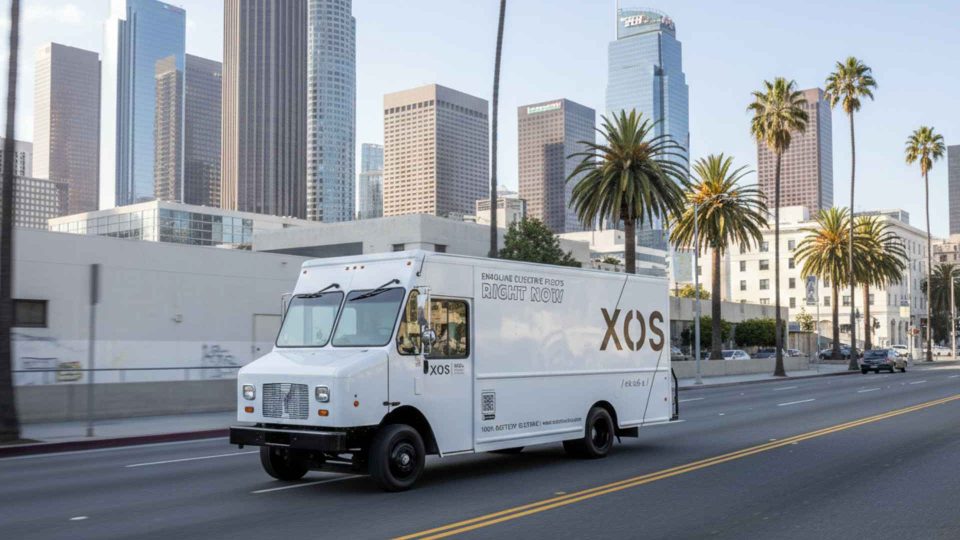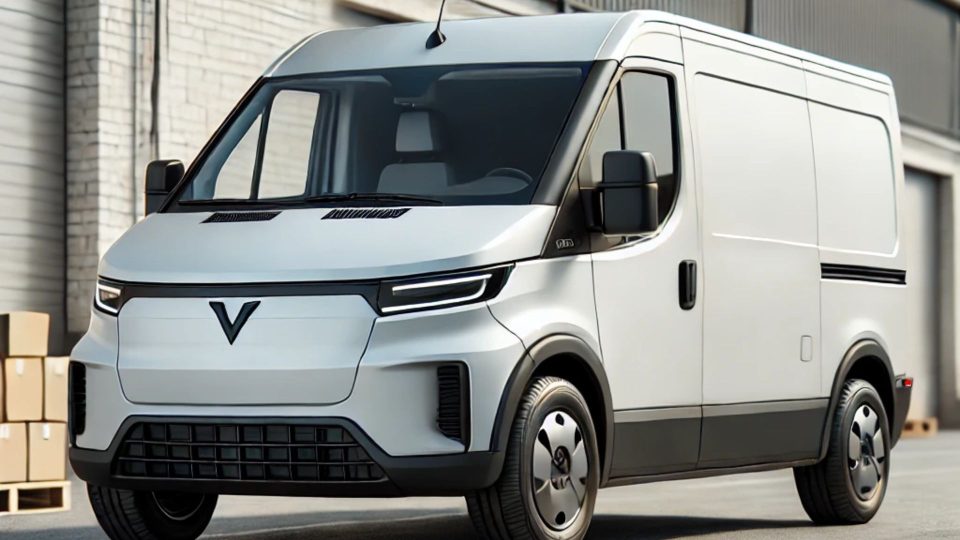Toyota, Suzuki and Daihatsu developed BEV system suitable for mini-commercial vehicles
Daihatsu will produce the vehicles, and Suzuki, Daihatsu, and Toyota will each release their own version within fiscal 2023. The cruising range per charge is expected to be approximately 200 km, and development is currently underway with the aim of creating a vehicle that can fully meet the needs of customers.
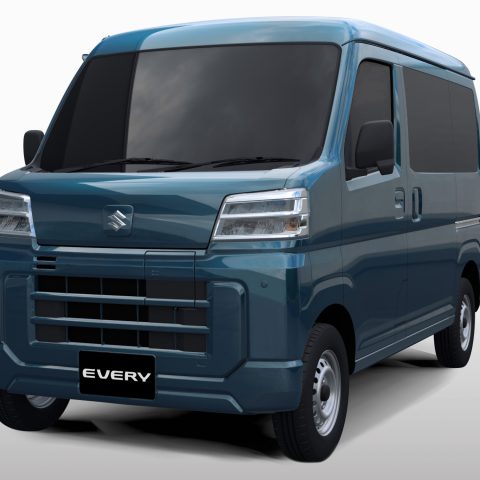
Three Japanese manufacturers, Toyota, Suzuki and Daihatsu, have recently unveiled prototype mini-commercial van electric vehicles (BEVs) equipped with a jointly developed BEV system. The unveiling took place during an event organized by the Japan Automobile Manufacturers Association (JAMA) along with the G7 Hiroshima Summit, earlier in May.
Toyota, Suzuki and Daihatsu: the joint EV project
The BEV system was developed combining Suzuki and Daihatsu’s expertise in creating small-size cars with Toyota’s electrification technology. More into details of the agreement between the manufacturers, Daihatsu will produce the vehicles, and Suzuki, Daihatsu, and Toyota will each release their own version within fiscal 2023. Commercial Japan Partnership Technologies Corporation (CJPT) also participated in the planning to achieve the optimal specifications for efficient last-mile logistics.
The cruising range per charge is expected to be approximately 200 km, and development is currently underway with the aim of creating a vehicle that can fully meet the needs of customers in the delivery industry.



